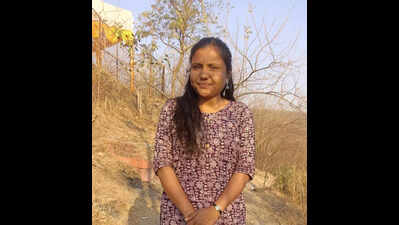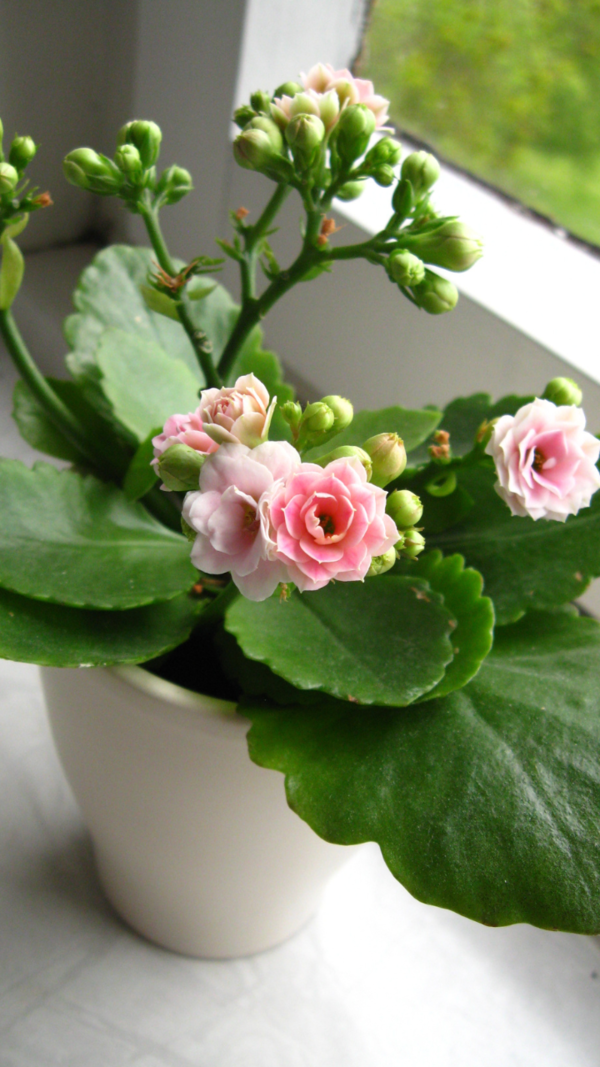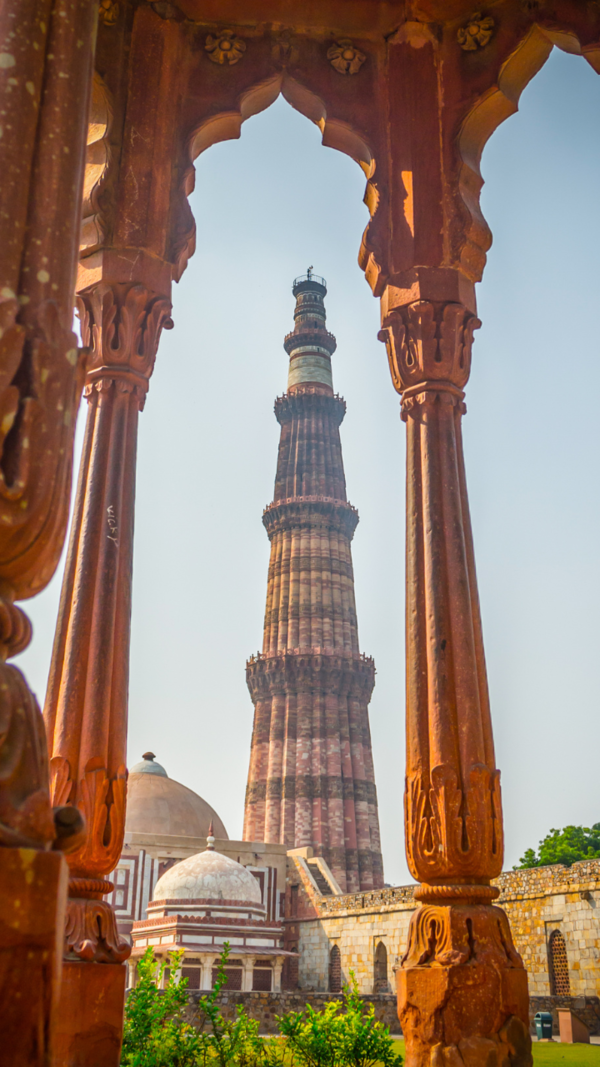Trending
Why gen next is firm on leaving farmlands: ‘Backbreaking labour not worth enduring’
Pune: All Asmita Thavare (21) has ever seen her parents do is work — relentlessly, from dawn to dusk, through illness, extreme heat, or bone-chilling winters.
Her family owns just one acre of land in Parli, Beed, where they grow seasonal vegetables that barely fetch any price in the market.
"It is a hand-to-mouth existence. In our society, land is passed only to brothers. Even if I wanted to farm, I would not get the land. But what is the point of backbreaking labour if it does not improve your standard of living?" asks Asmita, a final-year BSc chemistry student.
"In Beed, when temperatures cross 40°C, you are bent over in the fields. In winter, when it is below 5°C, you are still working. And beyond the physical exhaustion, there is the mental burden of worrying about the weather, the harvest, and whether you will make enough to feed your family. If someone falls ill, it is a financial disaster," Asmita says, adding there are no Sundays or holidays — just endless work.
Determined to escape this life, Asmita is preparing for common university entrance test (CUET) to pursue an MSc.
"I will not marry a farmer. Every woman wants a husband with a stable career. Maybe people consider marrying big farmers, but small farmers? Never," she says.
End of Article
Follow Us On Social Media









